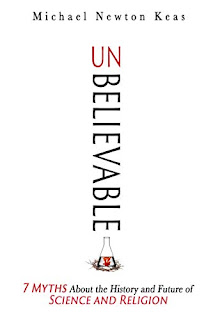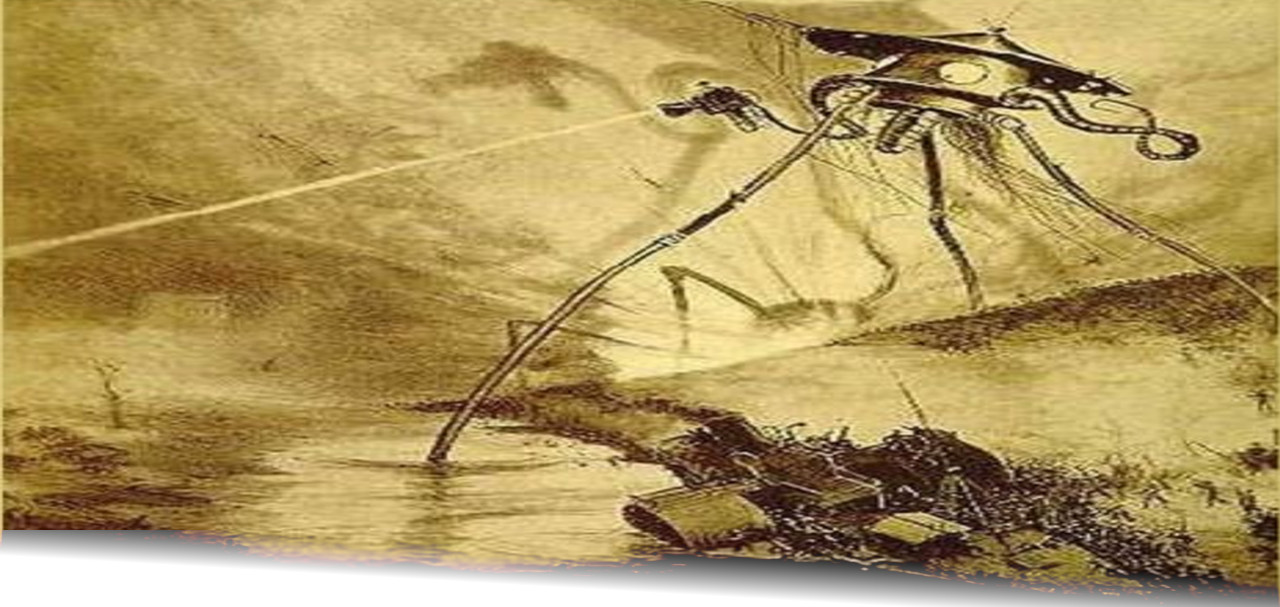Does a Tiny Earth in a Vast Universe Mean Humanity is Insignificant?

The truth : Even ancient thinkers recognized that the earth was tiny in relation to the immense cosmos. In any case, size doesn’t necessarily mean significance, as many theologians and philosophers recognized. ~ Dr. Michael Newton Keas Last time , I posted about a book dealing with science, history and Christianity that had graciously been made available for free both through Academia.com and Amazon.com by Dr. Michael Newton Keas entitled Unbelievable: 7 Myths About the History and Future of Science and Religion . As part of that blogpost, I quoted part of the book’s introduction where Dr. Keas raised the supposed problem for God’s existence arising from the existence of an insignificantly small Earth in an almost incomprehensibly vast universe. He identified the myth: “Premodern scholars in the Western tradition thought the universe was small—a cozy little place just for human benefit. Modern science displaced this Church-sanctioned belief with a vast cosmos that revealed humans ...



